Well, life happened and my monthly reviews went to the wayside in 2022. However, I am still posting a brief year end summary. In 2022, I read 130 books, watched 29 movies, and watched 31 documentaries. Different genres trend at different levels for me year-to-year and this last year, I was pretty heavy on reading in the psy disciplines and poetry and read much less in other domains of theory and even literature than usual. In terms of movies, I watched a lot less of the international (i.e. subtitled) films and film fest circuit movies and a lot more horror, including mainstream horror (which I watch weekly in a rooming house with some fellows I support through my job). Documentaries were more dependent than usual on what Netflix has on offer. Not the best year, but I survived it. Here, then, are the best of the best and the worst of the worst.
Continue readingUncategorized
There are 637 posts filed in Uncategorized (this is page 3 of 64).
A Void Which Nonetheless Contained Everything
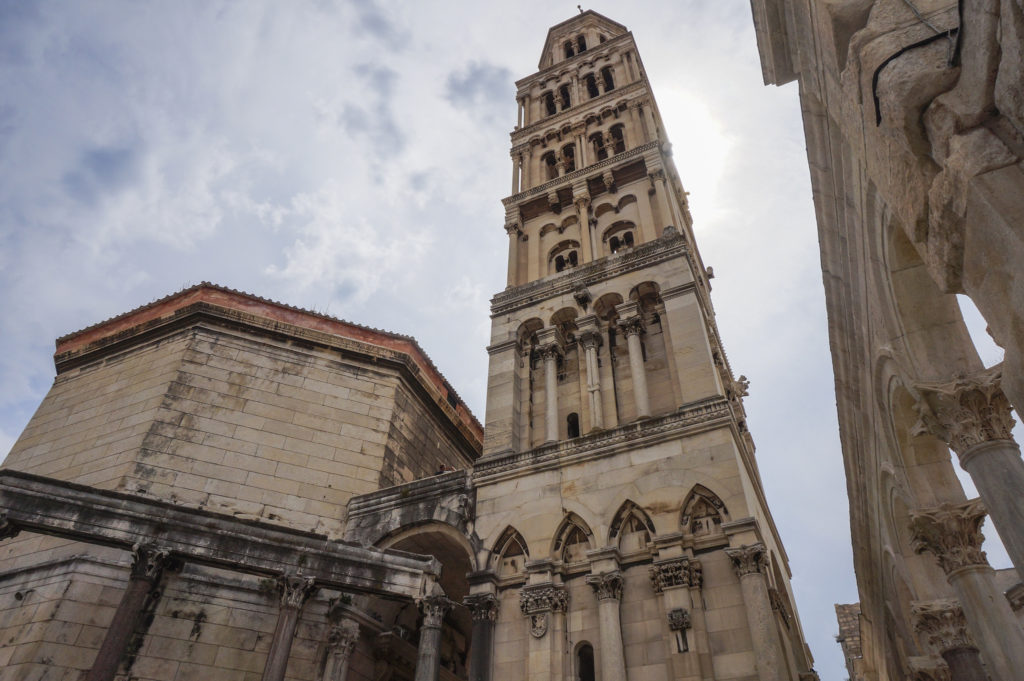
In his fortieth year, Dr. Ivan Knežević unexpectedly and irrevocably lost his ability to recognize or understand clothing. He could no longer comprehend that something like a shirt or a dress is the kind of thing worn over bodies and that, when this occurs, bodies continue to exist beneath the clothes. This did not so much provoke a crisis related to clothing itself—Dr. Knežević continued to dress himself according to the demands of the weather—as it provoked a crisis related to questions of embodiment and what it means to be human. Whereas before, people had appeared to be singular units and clearly delimited wholes, they now appeared to be strange and ever-shifting conglomerates of partial objects. Hands floated in the air, roughly halfway between the ground and the faces or heads that floated above them. During the winter, those same hands disappeared entirely for long stretches of time (thanks to gloves or mittens) while, during the summer, wrists elongated into forearms and then biceps and triceps and shoulders became present, as rising temperatures made sleeves ever shorter. In especially cold weather, or at higher altitudes, people existed only as eyes (or, if they wore ski goggles, became not so much invisible as existents whose presence could not be registered). But, when things were very warm and the sky was blue and cloudless, and the tourists were flocking to the beaches of the Makarska Riviera, bodies grew rapidly. They emerged seemingly from nowhere in spaces that, just a moment before, had appeared empty. Large central masses presented themselves, appendages stretched and connected and, at least for a moment, all the pieces came together—until the end of the day when dusk settled, the water chilled, and all the pieces didn’t so much fly apart as lose their physical connectedness as family units (conglomerates of conglomerates) packed themselves into their Suzuki Grand Vitaras, or their Renault Clios, or their Volkswagen Golfs. Then, sometimes two hands, sometimes one (with two other hands now entwined on the centre console), would hook themselves onto various steering wheels and guide the multitudinous conglomerates of living parts, back to Split or Mostar or sometimes Dubrovnik.
Continue readingJanuary Reviews
Discussed in this post: 8 books (Pilgrim Bell; The Guiltless; Fictitious Capital; The Radiant Lives of Animals; Strictly Bipolar; The Hidden Spring; Shuggie Bain; and The Body Keeps the Score); 2 movies (Censor and Malignant) and 2 documentaries (The Rescue and Gunda).
Continue readingA Poem For My Son Charlie On The Occasion of His Thirteenth Birthday
My son
Born in water and blood
Becoming flesh
Not easy for you
Becoming father
Not easy for me
But darling
Just look at us now
You have the gentle curiosity
Of a boy unfolding
Cautiously in the world
Playfully at home
You remind me of myself
If I had grown up in a safe and loving home
My son
I give you what I did not receive
And you give me so much more than I ever imagined
Possible
Love and wholeness and reasons for living
A son is a supple and oh-so-delicate thing
You have a quiet thoughtfulness
A surprising ridiculousness
A delightful tender-heartedness
And when you slide yourself beneath my arm
When we sit on the couch together
I know that everything in my life that brought me here
Absolutely everything
Was worth it
Thank you
I love you
Happy birthday

2021 Reviews in Review
I read somewhat more books in 2021 than in previous years. The pandemic was certainly a factor. Be that as it may, I read 156 books, watched 44 films, and watched an additional 41 documentaries. Here, then, is my list of the best of the best, the worst of the worst, and everything else in between.
Continue readingThe Rain Sounds Differently
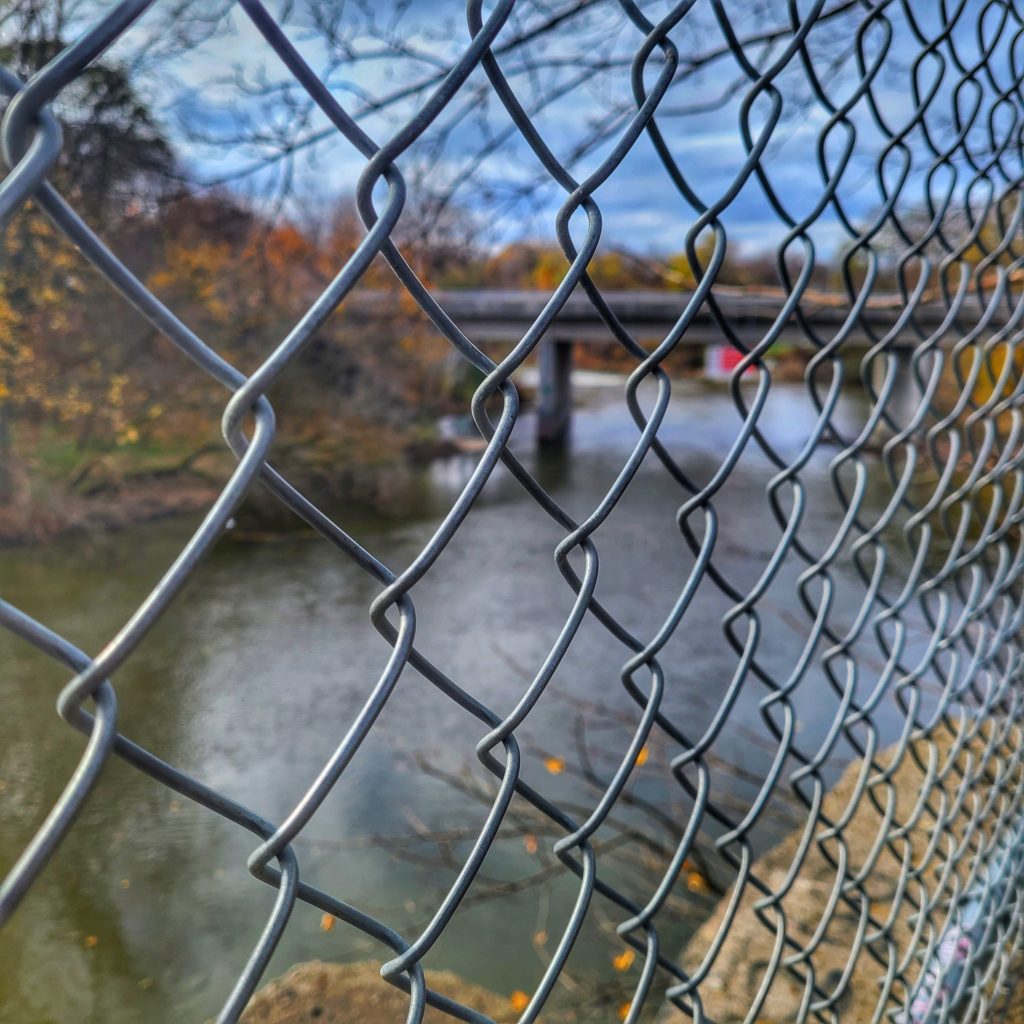
The rain sounds differently
On hemlock pine and spruce
The wind speaks with a distinct voice
In maple elm and cedar
The dryads can tell you with their eyes closed
Which is which
The river sings when she is full and rushing
Playfully joyously
Glad to be alive
The naiads dance just below the surface
On moonless nights
They hold their breath and
Leap
My American friend
Tells me he can identify
A Glock 22 a Smith & Wesson Model 340 a SIG Sauer a Ruger Blackhawk
Just by the way they sound when fired
He can blindfolded assemble an AR-15
In 40 seconds or less
Something he tells me
With obvious pride
I go home
Pray to all the gods I don’t believe in
Kiss my children
And count my dead
Locusts
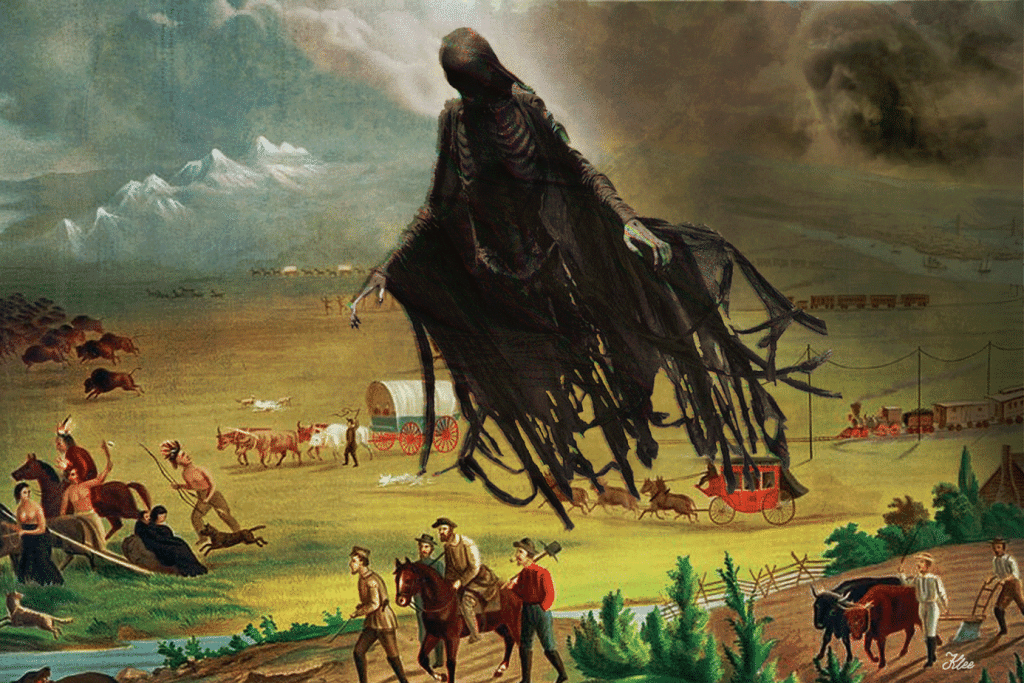
I hear the voice
Of anywhere but here
Calling me calling me
Calling me away
The mountains
The oceans
The forests
The swamps and river deltas
Anywhere but here
Calling me away
My people
We go
And we stay
Just long enough
To devastate
Everything
And then we once again
Hear the voice
Of anywhere but here
Calling us calling us
Calling us away
This City
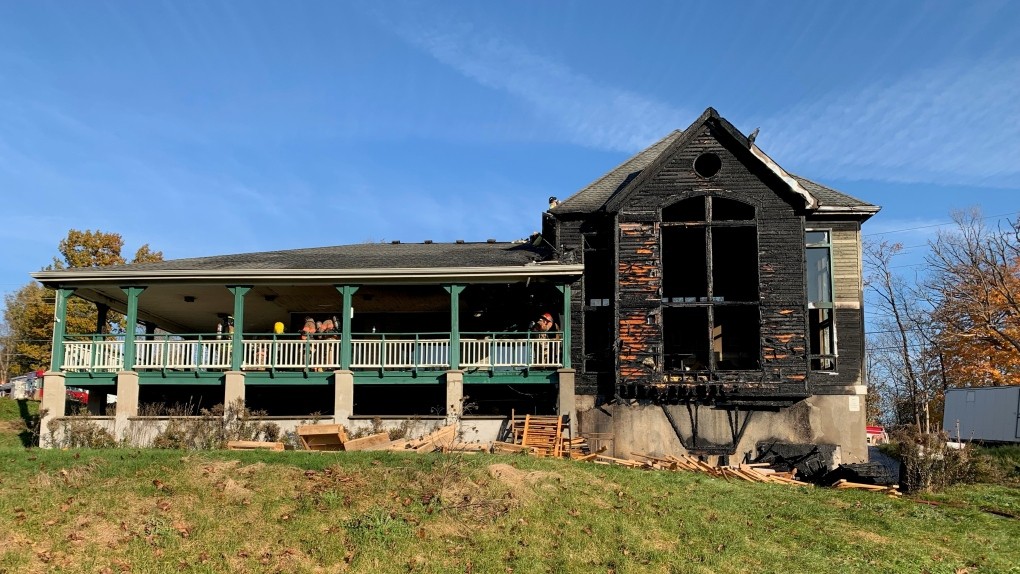
This city is an open grave
Filled to overflowing with the present absence
Of all my dead friends
This city is a slaughterhouse
And nobody is criminally
Responsible
Just fiscally
Fiscally responsible
This city is a ghostland
Hey there’s Timo
I think to myself
Hey there’s Cam
I say
Before I remember
They’re all dead
This city rewards the greedy
And destroys the kind
This city is in other words
A secure investment
Rejoice
You bankers
Take heart
You real estate developers
All your properties
Will appreciate in value
And all your enemies
Will be dead
Titane and the Hyperrealism of Fantasy
[SPOILERS! Do not continue if you intend to watch this film. But if you do intend to watch it—beware! Content warning for discussions of violence and sexual violence.]
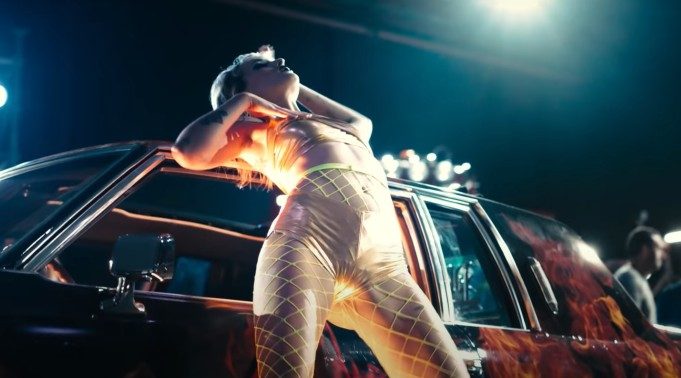
On Being Destroyed from the Inside Out
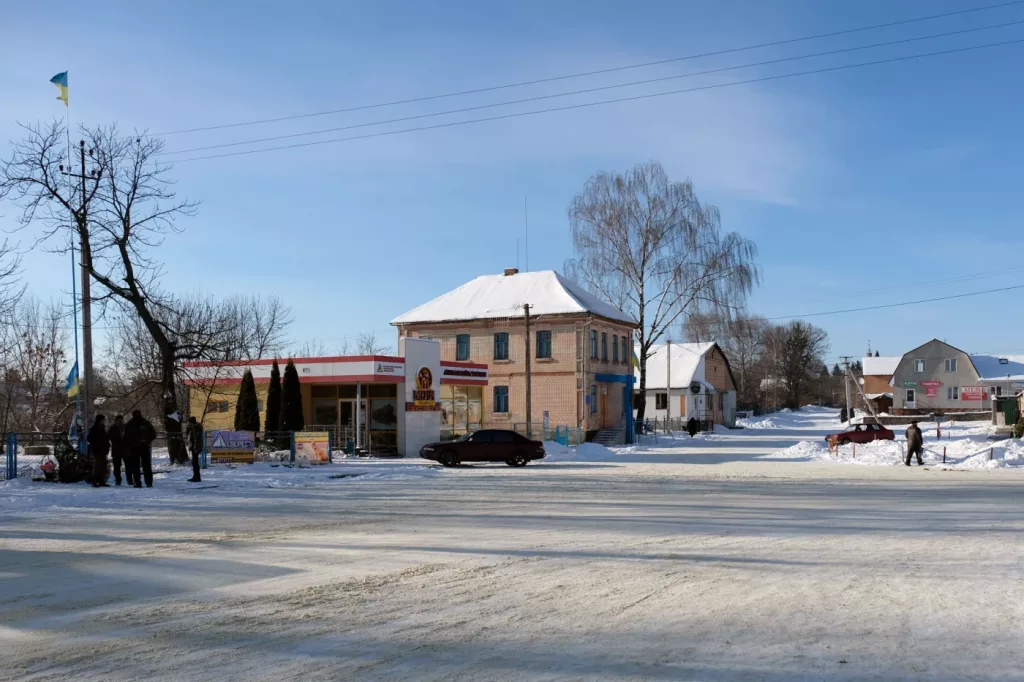
.
.
.
.
.
.
.
Telling you about what I have experienced, the things I have witnessed, has no use. There is no point of application. Relating these things comes with no take away lesson. There is no message or meaning to them. There is no comfort for me in sharing them and no hope for you in bearing second-hand witness to them. They cannot be unseen, unread, unheard. All they can do, as Maria Stepanova observes (drawing on the work of Varlam Shalamov), is “destroy you from the inside out.”
.
.
.
.
.
.
.
Continue reading